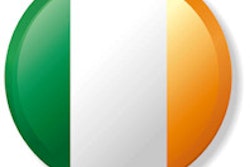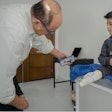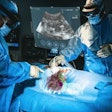Dear Healthcare Informatics Insider,
Structured reporting can yield benefits such as improvements in turnaround time and workflow, not to mention higher satisfaction levels from referring clinicians. But it's still important to keep a close eye on report quality to wring the most benefits from structured reports, according to Swiss researchers.
In a pair of presentations at ECR 2014, a team of researchers led by Dr. Tarek Laswad of the Institut de Radiologie de Sion in Switzerland shared their group's experience transitioning to structured reports over a 10-year period. Learn about the advantages and quality improvements available with structured reporting by clicking here.
In other featured ECR 2014 coverage in your Healthcare Informatics Digital Community, Irish researchers reported that a computerized alert system can be useful for providing clinicians with clinically significant, unexpected findings. Find out how Cork University Hospital's "Rad Alert" system is improving communication between radiologists and clinicians by visiting here.
In a pair of video interviews, AuntMinnieEurope.com Editor-in-Chief Philip Ward spoke at ECR 2014 with European Society of Medical Imaging Informatics President Dr. Emanuel Neri on the hot topics of tablet use and teleradiology and Dr. Catherine Mandel from Melbourne, Australia, on errors in radiology.
Mobile devices also are coming of age for remote reading, according to an ECR 2014 refresher course. Stephen Holloway of IHS discussed how healthcare IT development is being held back in part by heavy reliance on PACS.
In other news, the U.K. Royal College of Radiologists recently released an updated practical guide to implementing order communications and electronic remote requesting in radiology. Click here for the details.
If you have any tips or suggestions for topics you'd like to see covered in the Healthcare Informatics Digital Community, please feel free to drop me a line.



















